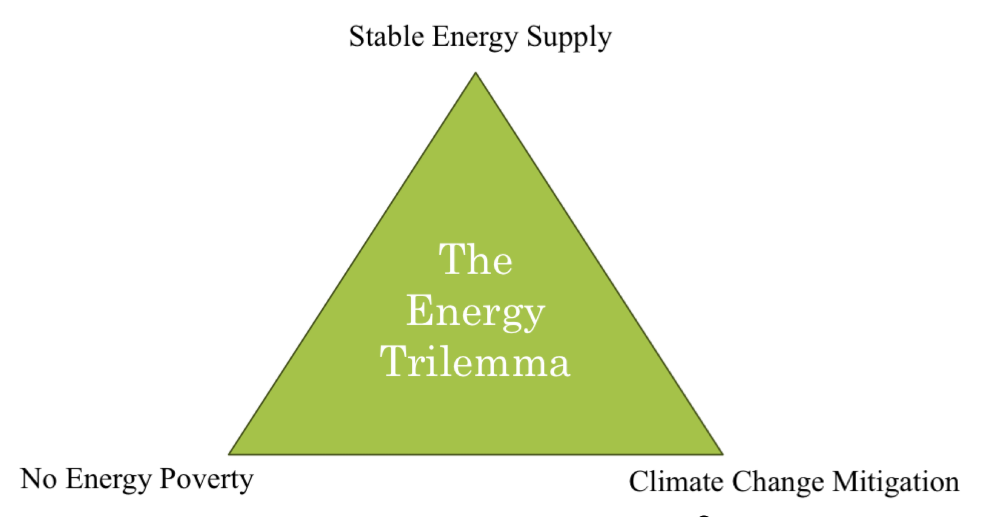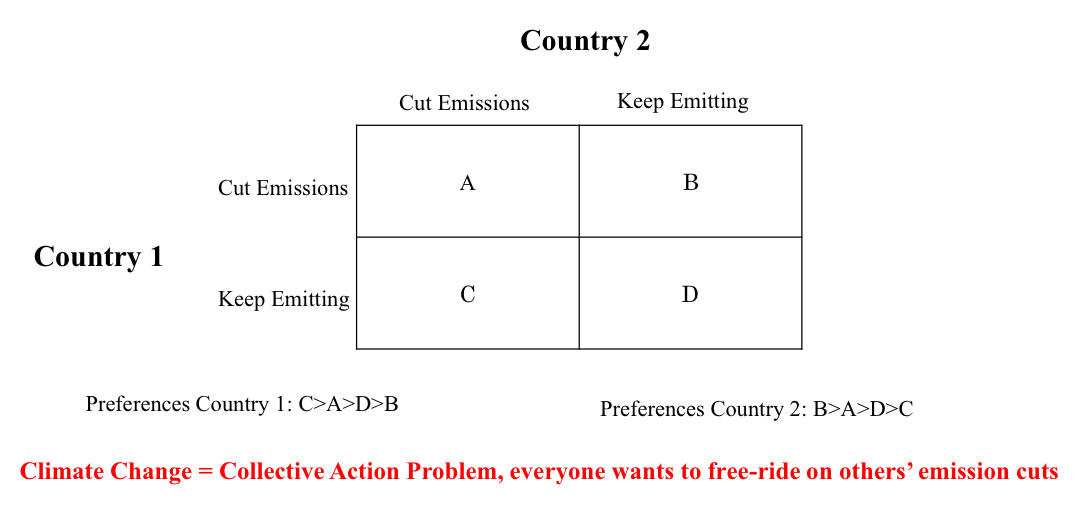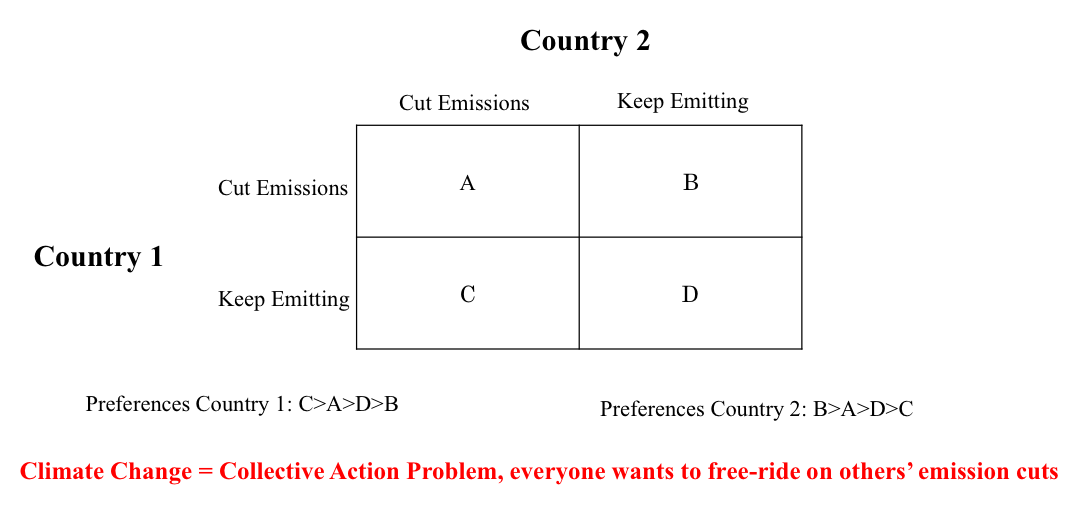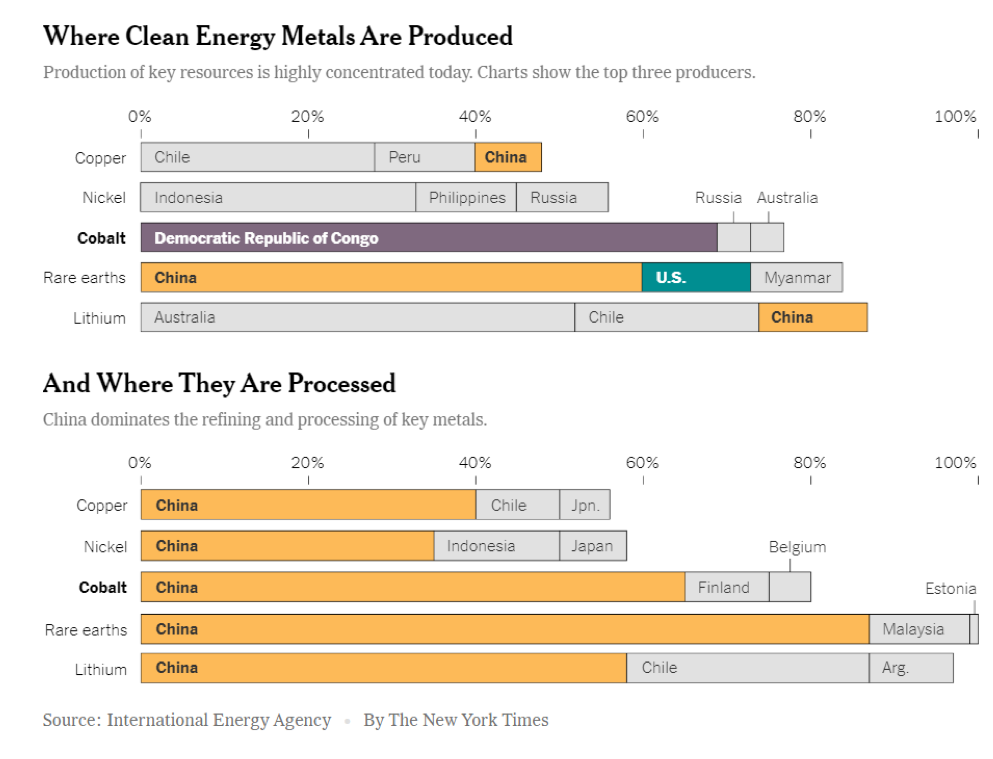Lecture 12: OPEC + climate
1/33
There's no tags or description
Looks like no tags are added yet.
Name | Mastery | Learn | Test | Matching | Spaced | Call with Kai |
|---|
No analytics yet
Send a link to your students to track their progress
34 Terms
the energy trilemma
Note: Unlike the Monetary Policy Trilemma, This is not a strict trilemma:
It's hard but not impossible to obtain all three

Stable energy supply
Our economies don’t really function if we don’t have reliable energy
Want stable energy supply
Energy is a good that is more fundamental to our economies and lives than almost any other. We need it to:
Power production
Fuel most forms of transportation
Heat our homes
Supply Electricity to our homes
Abundance of reliable, cheap energy fuels economic development
Lack of reliable, cheap energy can cause deep economic crises
Institutions governing energy policy
No ONE institution or agreement governing energy policy
Main Institution Oil Exporters: Organization of Petroleum Exporting Countries (OPEC)
Main Institution Oil Importers: International Energy Agency (IEA)
A lot of others related to energy:
UNFCCC (global climate change framework, more on that later)
IRENA (International Renewable Energy Agency)
IAEA (International Atomic Energy Agency)
World Bank → Govern the switch to renewable energy
OPEC history
First half 20th Century: Oil production dominated by the "Seven Sisters"
Now: Exxon, Shell, BP. Chevron
1960: 5 countries (Saudi Arabia, Iraq, Iran, Kuwait, Venezuela) form OPEC to "stabilize prices" and "ensure a fair return on capital for investors"
= trade union to negotiate with oil companies
More negotiation power
1970s: OPEC asserts power, oil embargo
Causing inflation shock
From 1980s: Mandatory production quotas for members to keep supply steady and prices high
= OPEC becomes a "cartel"
2016: OPEC+ (coordination with Russia and others)
OPEC: oil embargo 1973
By 1973: OPEC's production of oil at over 50% world share
1973: Yom Kippur War
Arab members of OPEC impose an oil embargo on US & Netherlands and cut production
To punish the west
Result: Price of imported oil to US quadruples, double-digit inflation
Price of oil goes up, the price of a lot of things goes up
OPEC: oil cartel and oil prices
OPEC negotiates to curb production through quotas, keep prices high for everyone
E.g. oil price drop after 2008 financial crash - OPEC countries jointly reduce output
BUT: coordinated output cuts hard to maintain - Prisoners' Dilemma
Some argue that Saudi Arabia - OPEC's biggest producer - tries to uphold discipline through tit-for-tat
If you break the quota, the Saudi breaks the quota —> if they break it has a big effect bc they are largest producer
Prisoners dilemma OPEC
As a single OPEC member you prefer others to cut their production while you are able to drill and sell more for the high price the cut creates —> preference for all single OPEC members
OPEC
13 member countries of OPEC
10 more members part of OPEC + that they coordinate with
Since 2016
Still accounts for more than half of world's crude oil
Shale boom in US and Canada has undermined OPEC's influence in North America
US starts fracking
OPEC biggest effect on global oil price but can’t control price within US
IEA: an organization for oil consumers
Created 1974 under OECD framework (= only developed country members)
Goal: Reliable energy supply, avoid future oil shocks
Measures:
Emergency stocks & collective oil emergency response ; Promote energy efficiency and diversification
Research into energy markets & consulting
(today) Promote Clean Energy Transition
Switching to renewal energy will make them less reliable on OPEC and the prices they set
Prisoners Dilemma: climate change

Prisoners dilemma: climate change Nash equilibrium
Nash equilibrium: D
Country 1s number one: B (they keep emitting, country 2 cuts)
can’t control what others do though
If country 2 keeps emitting, your best choice now is D (keep emitting)
Keep emitting is the dominate strategy

International Climate negotiations
1992: countries agree on UNFCCC (United Nations Framework Convention on Climate Change)
Conference of the Parties (COP) held every 2 years
COP 29 held in Baku this November
1997: Kyoto Protocol
Set limits for developed countries to make cuts
US never ratifies, Canada pulls out
Emerging economies (China, India) grow rapidly but have no obligations under Kyoto
Their emissions start to grow during this period but when Kyoto started they did not have this so they have no obligation
New model: Paris agreement
More politically palatable:
Everyone has to do "something"
Countries themselves decide how much: Nationally Determined Contributions (NDCs)
Designed to allow US President to circumvent Congress
(Some) Climate Finance
Developed countries are supposed to supply some money to developing
Core issues today:
Stock-take last year: How have countries done so far? (result: not enough)
Phasing out of fossil fuels
Climate finance, including "Loss and damage" fund
How much money would developed countries give to developing to help them reach the climate goals + relief for climate related disasters
Domestic interests
Climate action requires that we restrict GHG-intensive activities through higher prices, bans, quotas...
In the long run, we all win from policies to mitigate climate change, but in the short-medium run

Domestic collective action problems
The costs of effective climate action are acute and concentrated = easy for industry to organize and lobby
The benefits of effective climate action are diffuse, they benefit everyone in the world = most (young) citizens benefit, but easy to free-ride off others' climate protests
Domestic collective action problems: two outcomes
Climate action is stopped/watered down due to forceful lobbying
The costs of climate action are born by CONSUMERS, not BUSINESSES
→ E.g. The German Energy Transition largely paid for by energy taxes on households, not businesses
Energy poverty
When the price of GHG-intensive products rises, not all households can:
Pay to insulate their homes
Pay for an electric car
Install solar panels and heat pumps
Problem: The poorest households spend the biggest income share on energy
3 common policy approaches to fight climate change
Carbon taxes
Emission trading
Green industrial policy
Carbon taxes
Put a tax on carbon to "price in" the negative effect of climate change (Pigouvian tax)
What do you do with the tax revenue?
Pay for energy transition
Pay for adaptation, loss and damage of climate change
Use the money for something else
Canada and Switzerland: Rebates (Lump Sum = everyone gets the same back)
still creates incentives, because your behavior does not affect your rebate
only the worst polluters worse off in the end
can be progressive - poorer households get back more
Problem: people tend to underestimate their rebates and overestimate the costs of carbon taxes
Carbon taxes - how are Lump Sum Rebates progressive?
*People tend to prefer even more progressive —> like only poorer get anything back

Emissions trading
Cap and trade system
Gov sets cap
Industries have to follow these caps
They can buy permits that allow their emissions
If they don’t use up all of their permits, they can sell them to other industries
The more emissions they cut, the less permits they have to buy
The more they can sell
The price of permits and the price of the punishment tend to be quite similar —> does not defer industries from going against the cap
The incentives haven’t been good enough (too low price of carbon) —> industries wont want to cut
EU has now created a price of carbon that actually creates an incentive —> companies still might cheat (have to keep an eye on enforcement)
The world's largest carbon market: European Emissions Trading System (ETS)
Globalized trade = carbon leakage ?
High price of carbon => companies shift production to countries with lower carbon prices
Evidence of existence of carbon leakage is mixed: so far, seems limited, but we don't know what would happen at higher carbon prices
3 possible solutions to carbon leakage:
Global price on carbon (very, very hard to negotiate)
Take away any incentive to relocate to get cheaper price
Very small chance that this happens bc you always want to be the one country that doesn’t do this
Tariffs on foreign goods at the border to "level the playing field"
Limit relocation as they will have to pay tariffs on the carbon produced good anyway
Give free permits/tax breaks to companies that export/compete against energy-intensive imports
Argued that it is not that effective
Ex. The EU Carbon Border Adjustment Mechanism
Initially, EU gave away free ETS permits to companies to "level the playing field" in import-competition and exports
Problem: Lots of free permits limit incentives to decarbonize
New solution: Instead of free permits for import competition, CBAM: tariff on products from countries that do not have equivalent carbon prices (Trying to switch from solution 3 to solution 2)
Companies liked the idea of the CBAM AND free permits
Companies did not like the idea of paying for permits when CBAM introduced
Note: This may incentivize countries that are dependent on EU market to also put a price on carbon
Why could the EU not be able to impose CBAM and give away free permits?
WTO rules
You CAN impose trade measures to prevent climate change - exceptions for environmental protection in GATT Article XX
BUT those measures can't be arbitrary or discriminatory:
You CAN impose a CBAM|
You CAN put tariffs only on products from countries without carbon pricing
You CAN'T impose a CBAM and ALSO give your industry free permits
*Sorry, European Industry, you can't have it all
Green industrial policy: ‘Big Green Push’
Some argue that green industries should be treated as "infant industries"
Green transition requires large-scale investment in low-carbon technologies
Changes to public and private infrastructure:
charging networks for EVs,
pipelines for green hydrogen
smart grids in energy networks
Train infrastructure to be less reliant on cars
*Private investors are unlikely to do this, governments are needed in order for this to be possible
Green industrial policy has political benefits:
Instead of imposing costs on polluters, you give incentives and subsidies to green industries
Building up your green industries creates jobs
Green industrial policy fosters industries that will lobby in favor of climate action
Green industrial push: US inflation reduction act 2022
Introduces Tax Incentives, Grants, Loan Guarantees
Tax credits (-subsidies) for companies investing in clean energy, transport and manufacturing
Lowers cost on some things and does not increase prices
Tax credits for consumers to make EVs, solar panels, heat pumps etc. more affordable
Does the US IRA go against WTO rules?
Yes, but it’s still in the works so no official action taken
Many of the tax breaks are only applicable to locally produced goods (or goods produced by ‘trade partners’)
Eg. Consumers get a tax break for EVs produced in the US but not EU → goes against national treatment
The EU might challenge the IRA at the WTO
State Capacity
"ability and effectiveness of a government or state in performing its functions and responsibilities, including policy-making, implementation, and service delivery, to meet the needs of its citizens" (Peters, 2018)
Limits of state capacity
Green transitions require money and good governance:
Make and incentivize major investments
Monitor and enforce climate laws
Monitor the effective use of climate subsidies and climate aid
Build resilient infrastructure and disaster response
Many developing countries lack the state capacity to effectively implement a green transition
Subsides and green push sound very well but state capacity limits it
→ The more developed you are the more state capacity you have
International Climate Finance
"financing that seeks to support mitigation and adaptation actions that will address climate change"
Why do we need international climate finance?
Limited state capacity
International Climate Finance: ex. UNFCCC
Under UNFCCC, developed countries are supposed to provide and mobilize funds for developing countries' climate action
In Paris, developed countries reaffirmed commitment to mobilize $100 billion per year until 2020
2022 exceeded $100 bn for first time ($118bn)
In Baku, they just agreed to increase that to $300 billion per year until
2030. Developing countries called this "a joke," - trillions are needed
New supply challenge: raw materials
Energy transition depends on critical raw materials used in batteries, low-carbon power generation and electricity grids
Danger of disruptions - countries (and companies) have started to invest in lowering their dependence:
recycling, at-home processing, substitution
Watch out for global fights over raw materials:
Picture: China can balance the wests dependence on these metals
